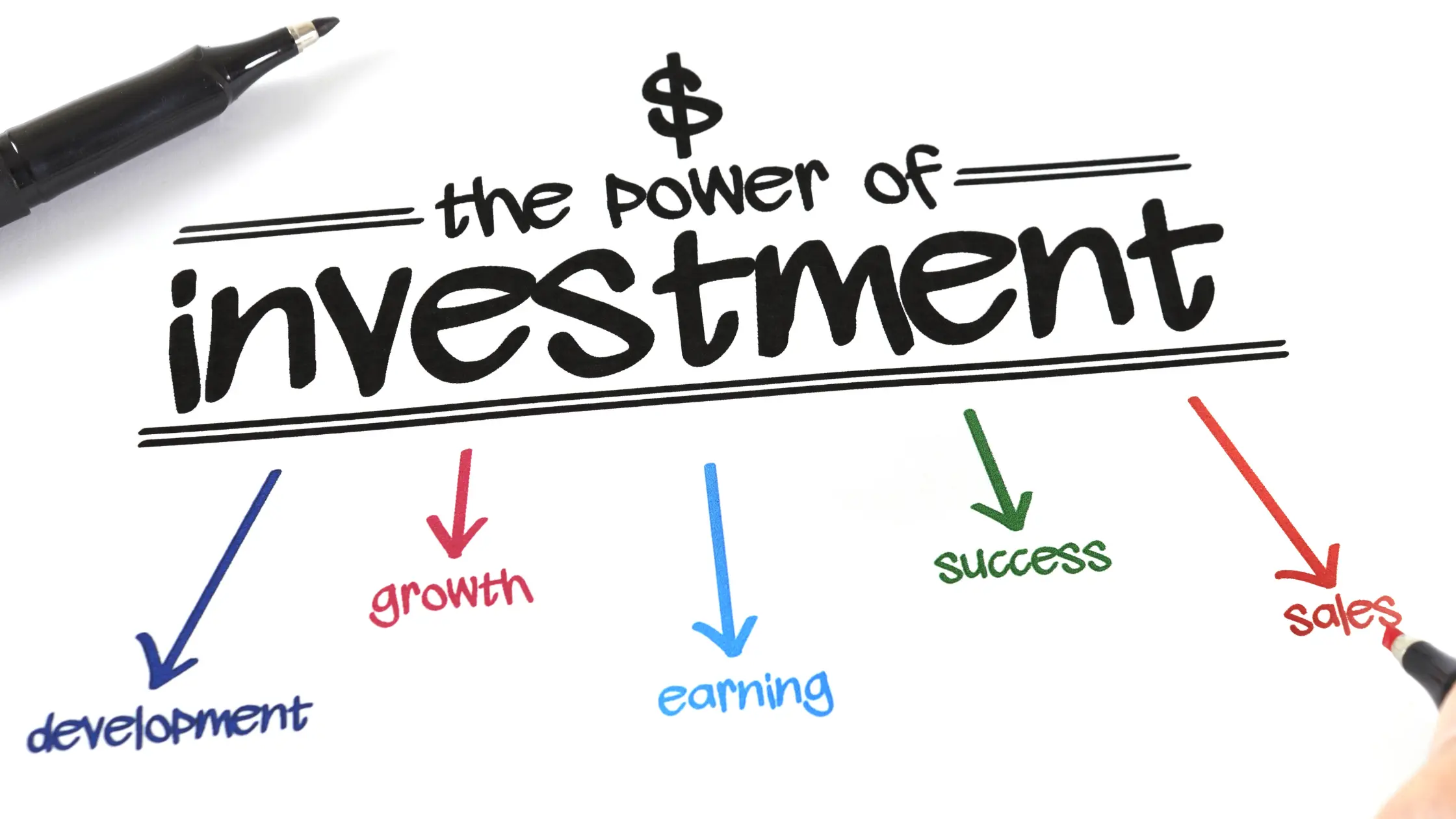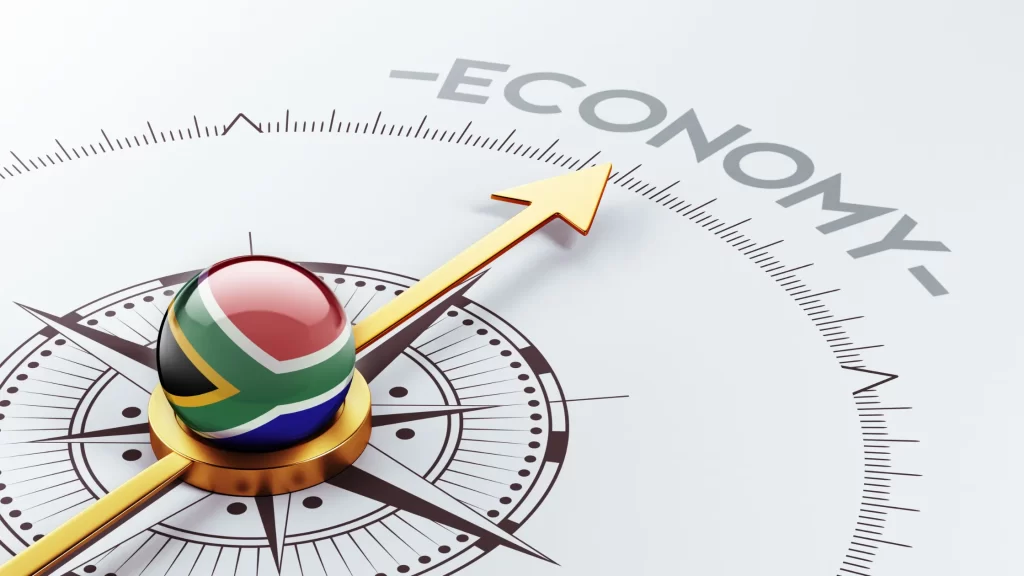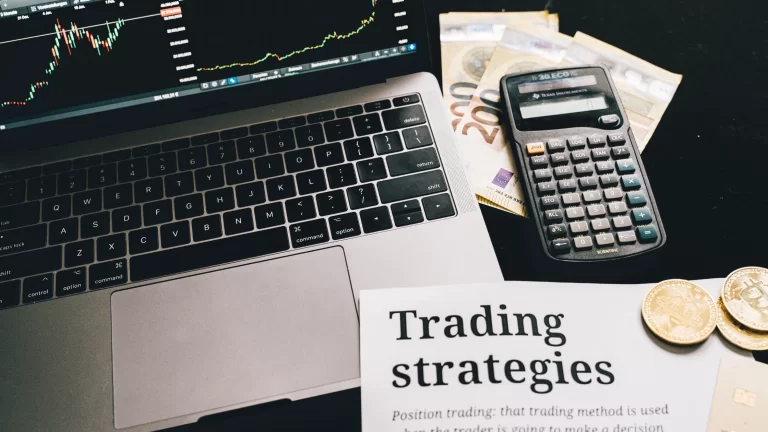Hunting Unicorns with AI: The New Frontier of Startup Investing

Imagine this: you’re an investor with a sharp suit, a sharper eye, and an appetite for the next big thing. But instead of relying on gut instinct, you’re armed with something infinitely more powerful – a tool that can analyze millions of data points, read market sentiment like a seasoned economist, and spot the next billion-dollar startup, the next unicorn, long before anyone else can. This isn’t the future; it’s happening right now. Artificial Intelligence is transforming how investors identify and back high-growth startups, revolutionizing the very nature of capital allocation. And in Africa’s dynamic startup ecosystem, where the stakes are high, and the potential is limitless, AI could be the golden ticket.
Finding Unicorns in the Serengeti of Startups
Unicorns are rare, magical creatures – startups valued at over $1 billion. But unlike the mythical beast, these are very real and highly coveted by investors worldwide. Think of them as the Serengeti’s lions in the startup world: elusive, powerful, and commanding attention. The question is, how do you spot them early?
AI models are doing just that by processing huge amounts of data in real-time, capturing everything from funding patterns and market trends to competitive dynamics and social sentiment. In other words, AI is like a seasoned safari guide, equipped with night-vision goggles and a radar for opportunity.
Take, for instance, the dramatic shift in the African startup funding landscape in 2023. Kenya, often overshadowed by its heavyweight neighbor Nigeria, leaped ahead to claim the top spot, securing $800 million in funding – about 28% of Africa’s total startup investments that year.
AI tools, analyzing key indicators like market maturity, founder networks, and regional funding shifts, could have predicted this surprising outcome, positioning investors to capitalize on Kenya’s surge before it became obvious.

How AI Deciphers the Startup Genome
Think of AI as a digital detective piecing together a startup’s DNA. What makes a unicorn, a unicorn? It’s not just about the obvious markers like revenue growth or market share. It’s also about the more subtle clues – team dynamics, consumer engagement, social media sentiment, and even geopolitical developments.
AI models scour millions of data points from a variety of sources – financial news, investor reports, social media chatter, and more – to create a comprehensive profile of a startup. Take fintech, for example, the reigning king of Africa’s startup ecosystem. In 2023, fintech startups claimed a whopping 45% of the total funding on the continent.
AI could analyze this data, alongside non-traditional indicators such as public sentiment, transaction volumes, and even mobile phone usage data, to predict which fintech startups are on track to become unicorns.
Picture this: you’re an investor, and your AI tool flags a small, Nairobi-based cleantech startup that isn’t on anyone’s radar yet. Your tool identifies that this startup, let’s call it EcoWave, is attracting significant attention from influential social media accounts, has a founder with a track record of successful exits, and has just formed a strategic partnership with a global renewable energy giant. A week later, EcoWave closes a $50 million funding round, and you’re already on the inside. That’s the power of AI-driven insights.
Making Capital Smarter, More Inclusive
AI doesn’t just make capital allocation smarter; it makes it more inclusive. Traditionally, startups in less visible markets or unconventional sectors often struggle to attract early investment. But AI is changing this. It breaks down geographical and sectoral biases by spotlighting high-potential startups regardless of where they’re located or what they do.
For example, while Nigeria saw a dip in overall funding in 2023 – down to $410 million from over a billion dollars annually in previous years – other sectors outside fintech started gaining traction. The energy sector, particularly cleantech, emerged as a dark horse, attracting massive investments across Africa.
AI tools picked up on this early, flagging opportunities that traditional investors might have overlooked, like SunKing’s $130 million securitization deal in Kenya or Nuru’s $40 million Series B round in the Democratic Republic of Congo (DRC).
A Dynamic Dance Between Human and Machine
AI is powerful, but it’s not a crystal ball – yet. Think of it more like a partner in a dance, where human intuition and machine intelligence move in tandem. Successful investors don’t just rely on data; they blend it with gut feel, market experience, and a dash of bold risk-taking.
But AI does provide a critical edge. It can process and synthesize massive volumes of data faster and more accurately than any human ever could, giving investors the ability to pivot quickly and decisively. In volatile markets like those in Africa, where economic, political, and social dynamics can change on a dime, this agility is priceless.
The Challenges: Not Just Smooth Sailing
While AI is a powerful ally, it’s not without its challenges. Data quality and availability remain significant hurdles. In many African markets, data is still fragmented or incomplete, which can skew AI predictions. There’s also the issue of bias – AI models are only as good as the data they’re trained on. If that data reflects historical inequalities or biases, the AI could end up perpetuating them.
Then there’s the trust factor. As much as we love the idea of machines making perfect predictions, there’s still a learning curve in trusting AI models. This is especially true in a domain like venture capital, where gut instinct and personal networks have traditionally reigned supreme.

A New Dawn for African Startups
AI is more than just a tool – it’s a paradigm shift. It’s changing how we allocate capital, identify opportunities, and even think about risk. For Africa’s burgeoning startup ecosystem, this could mean more than just a wave of new unicorns. It could democratize access to capital, fuel innovation across a wider range of sectors, and help close the funding gap that so many promising startups face.
So, next time you hear about a startup achieving unicorn status, remember: it might not be magic. It could very well be an AI model quietly working behind the scenes, putting the pieces together long before the rest of us catch on. As Africa continues to rise as a startup hub, these digital tools will be crucial in guiding where and how the next big bets are made. And who knows? The next unicorn might just be a bit closer than we think.
Written by: Heath Muchena, author of Artificial Intelligence Applied, Tech in Africa and Why Emerging Markets.





